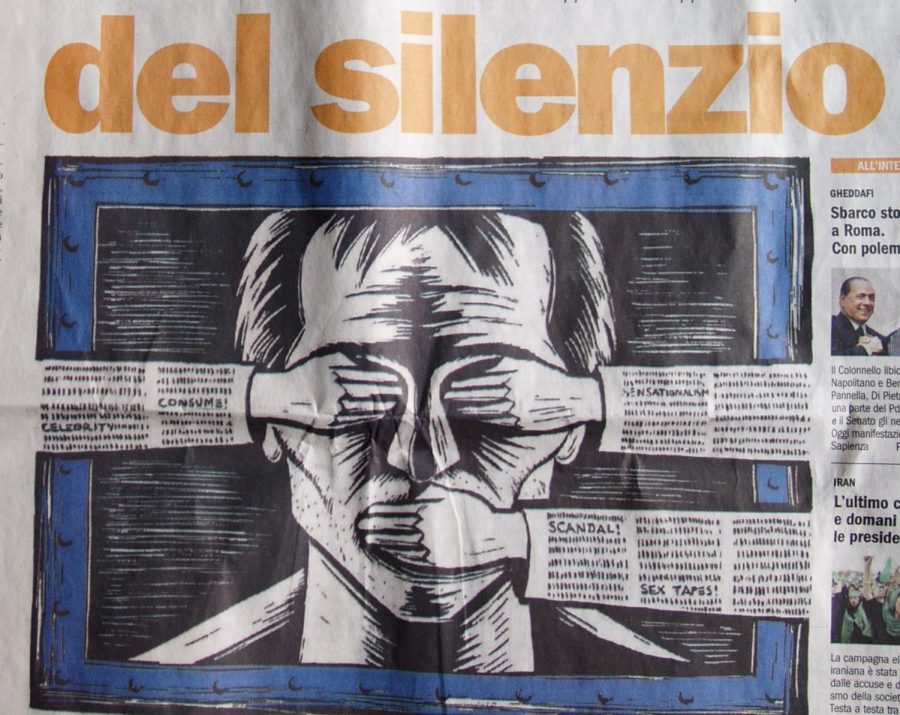Award winning journalist convicted of libel, news site known to be critical of Philippine President Duterte
Some fear freedom of press at stake
many fear Maria Ressa’s conviction an attempt to erode freedoms of the press
June 16, 2020
On Monday, Maria Ressa, Executive Editor and CEO of Rappler, an online news site based in the Philippines, was convicted of libel by a Manila court and sentenced to six years in jail.
Ressa was one of Time Magazine’s People of the Year in 2018.
According to an Associated Press article by Jim Gomez and Aaron Favila, it appears that Ressa and former reporter Reynaldo Santos Jr. were convicted of violating a law which was passed some four months after the article was originally published.
On May 29, 2012, the story, written by Santos, was originally published by Rappler. It reportedly linked a wealthy businessman, Wilfredo King to numerous crimes, including murder, human trafficking, smuggling and alleged involvement with a judge.
Keng filed a lawsuit against Rappler in 2017, which the site’s lawyers disputed. According to Philippine law, libel charges must be filed within a year, and five years had passed.
The conviction comes from a cybercrimes law which was passed in Sept. 2012, four months after the article was originally published, Rappler lawyers contend that the law would not apply to the story since Philippine penal laws cannot be applied retroactively. The law, which is enforceable for up to 12 years, reportedly targets online crimes like stalking and child pornography, but also includes libel
However, the court ruled that Rappler had made substantial enough changes to the article in 2014, when a misspelt word was changed from “evation” to “evasion”, to have essentially republished the story at that time, making it subject to the cybercrimes law passed two years earlier.
Rappler has been openly critical of Philippine President Rodrigo Duterte, and in particular, his anti-drug campaign which has reportedly led to the police killings of thousands of suspected users and dealers.
Duterte has regularly lashed out at those who report negatively about him. The nation’s largest television broadcaster ABS-CBN was forced off the air when government regulators refused to renew their 25-year operating permit when it recently came due. Duterte has reportedly long threatened to shut down the station over negative reporting about the same anti-drug campaign.
“The verdict against Maria Ressa highlights the ability of the Philippines’ abusive leader to manipulate the laws to go after critical, well-respected media voices whatever the ultimate cost to the country,” AP reported that Phil Robertson of Human Rights Watch, said. He also added that the verdict was “a frontal assault on freedom of the press that is critical to protect and preserve Philippines democracy.”


